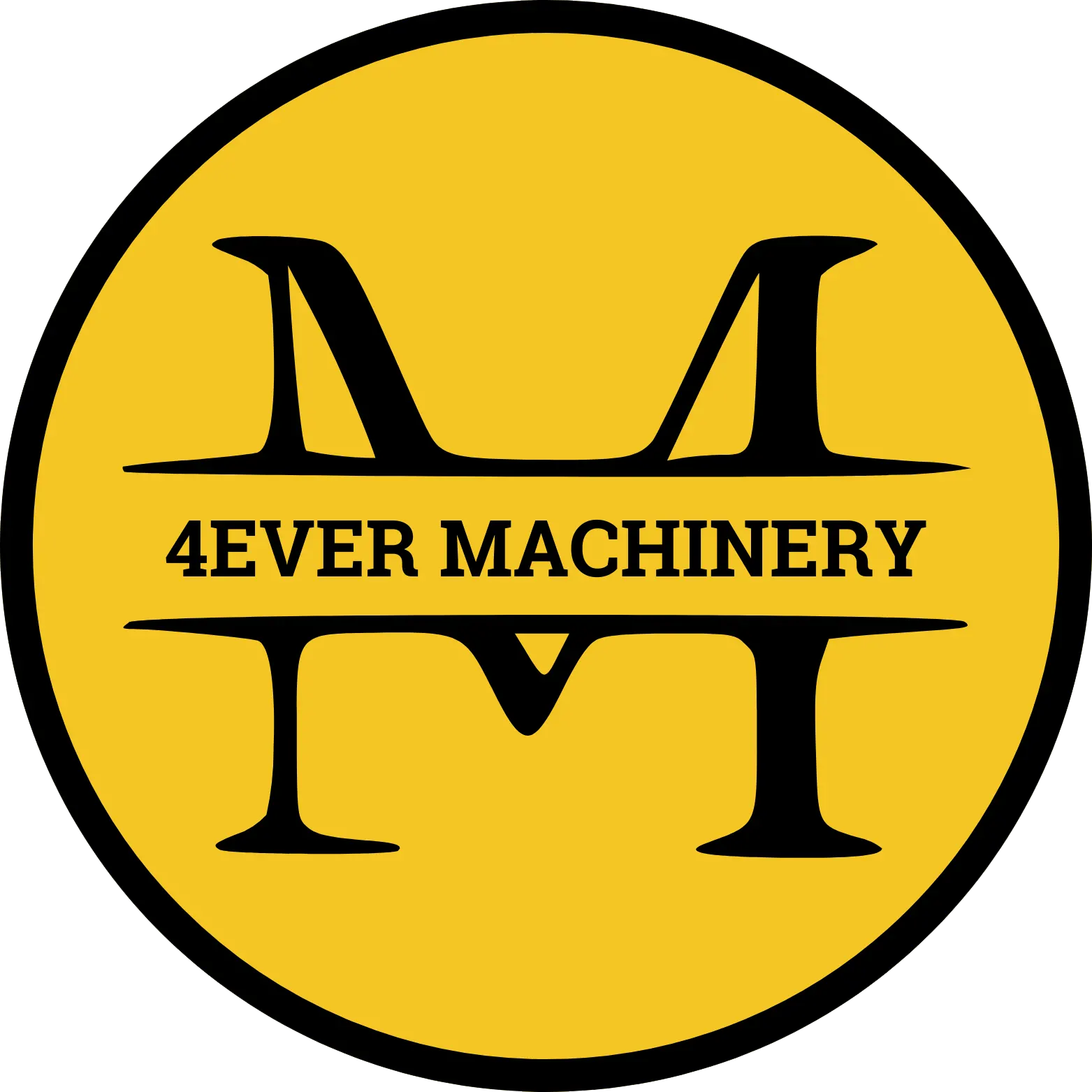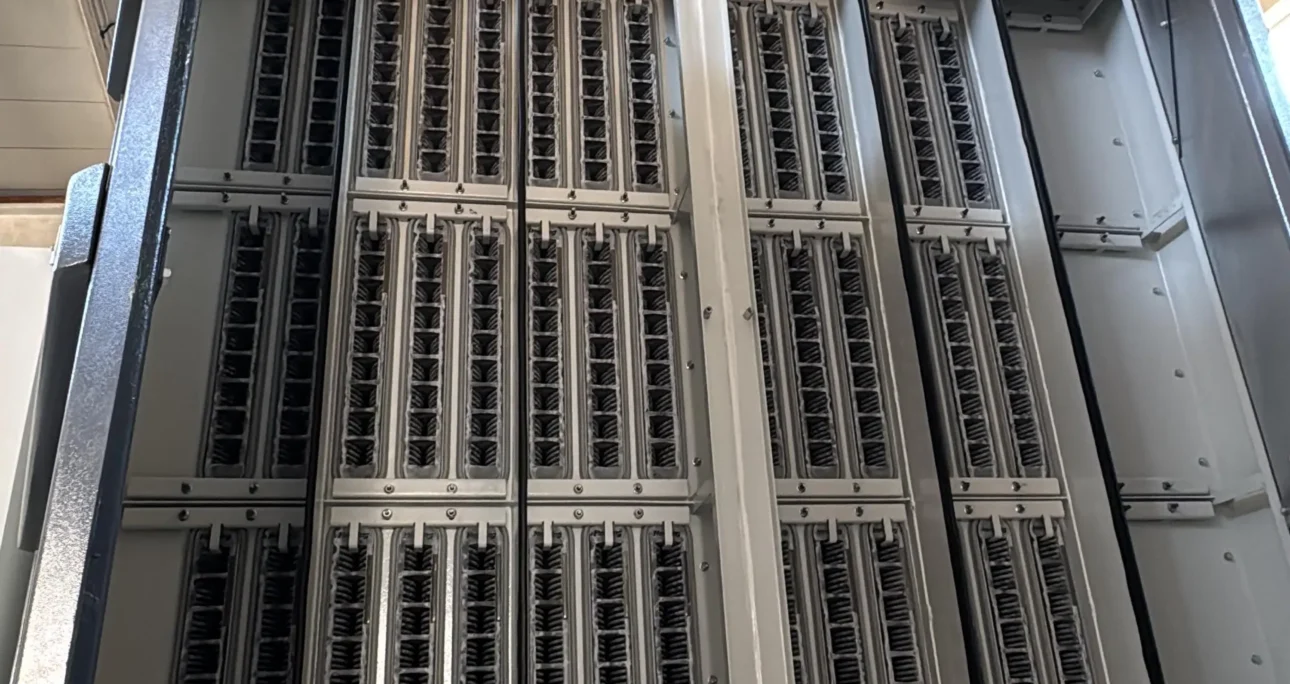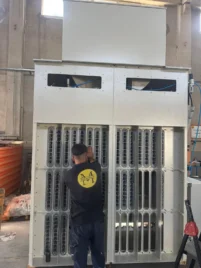In industrial production, maintaining clean air quality is not only vital for worker health and safety but also essential for machine performance and product quality. The choice of filtration elements directly impacts the efficiency and sustainability of production lines. Among today’s most advanced solutions, polymer-based filter elements stand out for their durability, chemical resistance, and long service life.
What Are Polymer-Based Filter Elements?
Polymer-based filter elements are designed from high-performance polymer materials that provide superior strength and resistance compared to traditional fabric or paper filters. Unlike conventional deep-filtration media, these filters rely on surface filtration, which captures particles on the filter’s surface rather than trapping them inside the pores. This principle ensures easier cleaning, consistent performance, and a significantly longer lifespan.
Our Partnership with Herding
At 4Ever Machinery, we are proud to partner with Herding, one of the world’s leading manufacturers of polymer-based filter technology. Herding’s sintered polymer filter plates represent cutting-edge innovation, offering service lives of up to 15 years under demanding industrial conditions. Through this collaboration, we provide our customers with not only reliable filter products but also tailor-made engineering solutions that meet the highest standards of efficiency, sustainability, and workplace safety.
Advantages of Polymer-Based Filter Elements
1. Long Service Life
Polymer-based filter elements are highly durable, often lasting 10 to 15 years depending on the application. This significantly reduces replacement frequency and lowers overall maintenance costs.
2. Chemical Resistance
These filters maintain stability even in harsh environments where aggressive chemicals or abrasive particles are present. This makes them especially valuable in industries such as chemicals, pharmaceuticals, and food processing.
3. High Temperature Resistance
Thanks to their robust design, polymer-based filters perform reliably even under elevated temperatures, ensuring consistent air quality in demanding production settings.
4. Energy Efficiency
Surface filtration minimizes pressure drop, allowing fans to operate with lower energy consumption. Over time, this translates into substantial cost savings for industrial facilities.
5. Product Recovery
Since dust and particles are retained on the filter’s surface, they can be easily collected and, in many cases, reused. For industries working with valuable raw materials, this feature provides both economic and environmental advantages.
Applications Across Industries
Polymer-based filter elements are used in a wide variety of sectors, including:
- Metalworking: welding fumes, grinding dust, cutting operations
- Woodworking: furniture manufacturing, panel processing
- Chemical and pharmaceutical industries: powder handling, packaging lines
- Food production: milling, mixing, and packaging processes
- Cement and construction materials: raw material preparation and production lines
4Ever Machinery’s Contribution
Through our partnership with Herding, we deliver customized polymer-based filtration solutions tailored to the unique needs of each client. Our approach goes beyond simple equipment supply—we aim to help companies create cleaner, safer, and more sustainable workplaces that support long-term growth and environmental responsibility.
Conclusion
Polymer-based filter elements represent one of the most reliable and efficient solutions for modern industrial air filtration. By combining durability, energy efficiency, and advanced engineering, they meet the challenges of today’s production environments while supporting future sustainability goals.
With 4Ever Machinery and Herding, you gain more than a product—you gain a trusted partner dedicated to building safer, cleaner, and more efficient production facilities.


